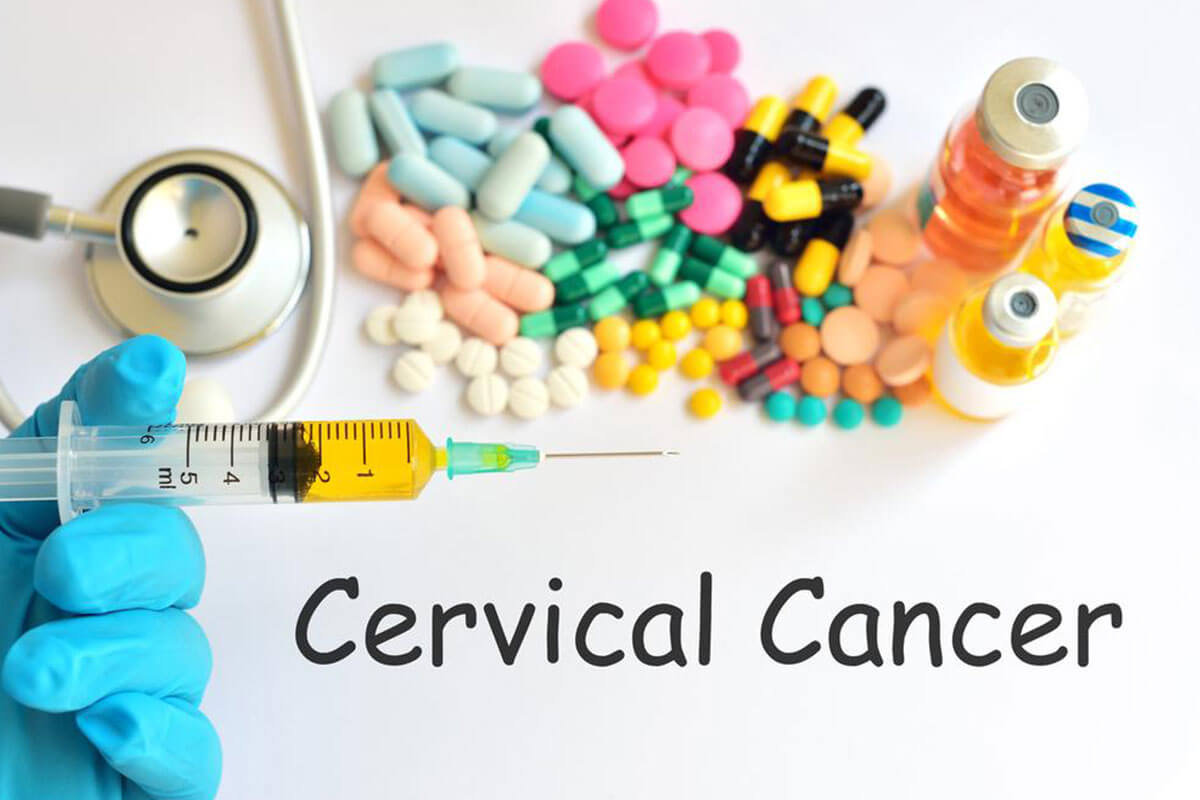
Symptoms
Symptoms and Treatment for External Hemorrhoids
Hemorrhoids are swollen blood vessels in the anal canal. External hemorrhoids refer to enlarged veins beneath the surface of the anal skin. You can see and feel external hemorrhoid as the blood clot surrounds the surface of the anus. External hemorrhoids are not serious but are very painful. The most common causes of external hemorrhoids are prolonged sitting on the toilet, chronic constipation and straining during the bowel movements. All of these cause enlargement of the veins outside the surface of the anus, causing external hemorrhoids. They disturb the blood flow to and from that area resulting in swollen blood vessels. Constipation tightens the muscles of the anal canal that are smooth. This strain causes pain and bleeding during the bowel movement. The connective tissue that connects the anus muscles also weaken with age, thereby increasing the swelling outside the surface. When you pressurize the veins of the pelvic and rectal area, it can also lead to external hemorrhoids as the muscles tighten. Symptoms of external hemorrhoids There are four main symptoms of external hemorrhoids: The first and foremost is itching around the surface of the anus. This is because hemorrhoids cause swelling and irritation in the rectal area, and develop an urge to itch.













